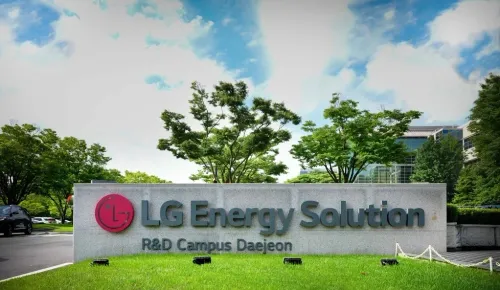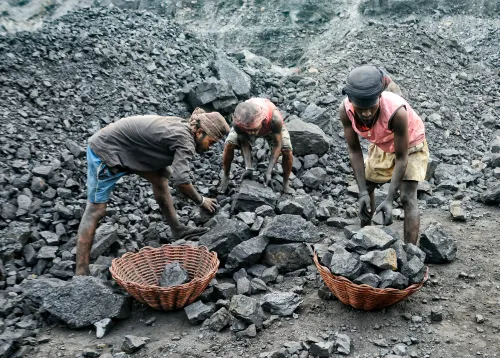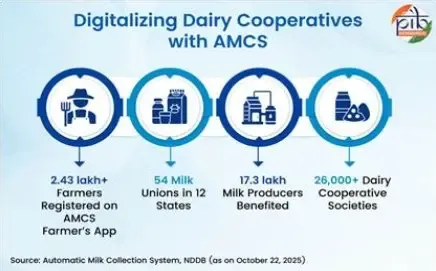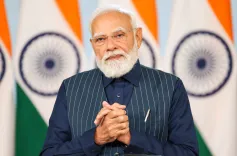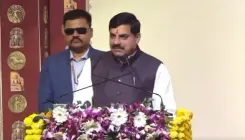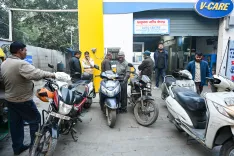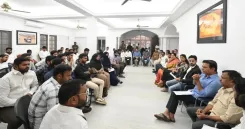How Can States Propel India to Become a Component Manufacturing Hub?
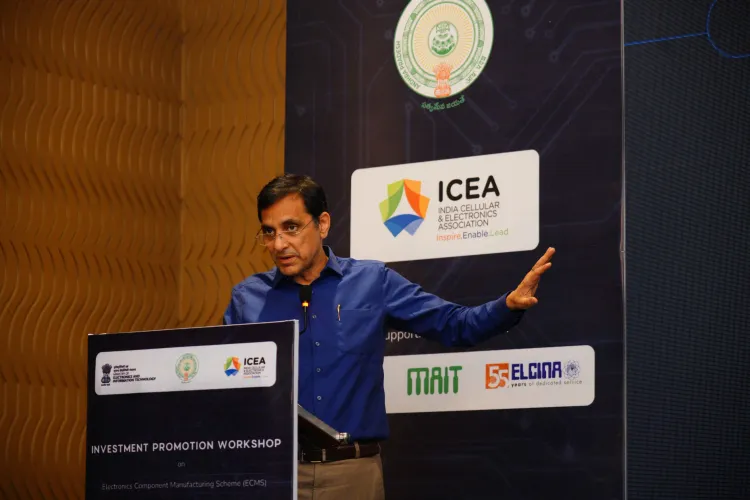
Synopsis
Key Takeaways
- Collaboration among states is essential for manufacturing success.
- The Centre’s initiatives provide financial support for manufacturers.
- State policies aim to create a competitive landscape for electronics.
- Investment in infrastructure is crucial for growth.
- Focus on talent development and R&D will bolster the industry.
New Delhi, June 6 (NationPress) In order to establish India as a global leader in components manufacturing, states need to collaborate and utilize the Centre’s initiative aimed at boosting domestic production of electronic components, according to the India Cellular and Electronics Association (ICEA) on Friday.
States including Tamil Nadu, Assam, Uttar Pradesh, and Andhra Pradesh are formulating their own strategies to promote component manufacturing within their regions.
During an industry event held in Andhra Pradesh, Sushil Pal, Joint Secretary, MeitY, reiterated the government’s dedication to enhancing domestic electronics manufacturing through a hybrid scheme that provides Capex support and turnover-linked incentives for component production.
He urged states to adopt a proactive stance in the mission to transform India into a global component manufacturing hub.
Bhaskar Katamneni, Secretary of IT & EC for the state government, introduced the draft Electronics Component Manufacturing Policy (ECMP) during the event to stimulate electronics component manufacturing in the state.
“Our focus is not only on facilitating ease of doing business but also on enhancing the ‘Speed of Doing Business’. Andhra Pradesh is developing a more competitive and agile policy framework compared to the national landscape,” asserted Katamneni.
He noted that the Andhra Pradesh-ECMP would be officially announced within 10 days.
Furthermore, he elaborated on the draft policy’s provisions, including catalyzing investments throughout the component manufacturing value chain with 50% Capex support for manufacturers, turnover-linked incentives that double the Centre's offerings, establishing specialized infrastructure and plug-and-play clusters, and fostering talent development, skilling, and R&D support.
Pankaj Mohindroo, Chairman of ICEA, emphasized that the time has come for the industry to actively pursue high domestic value addition and to create a strong supply chain for electronics manufacturing.
The event saw participation from senior government officials from the Ministry of Electronics and IT, state representatives, manufacturers, industry leaders, and other stakeholders within the electronics ecosystem.



